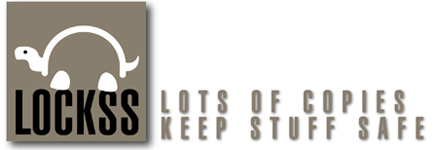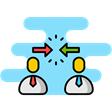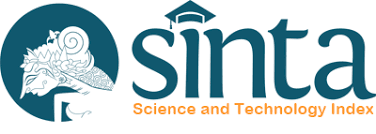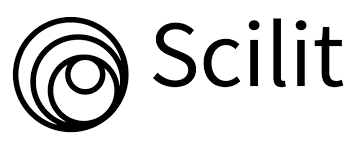Jurnal Cakrawala Hukum is a scientific periodical of the Faculty of Law, the University of Merdeka Malang that contains various research results in the field of law, Analysis of actual case studies, or ideas related to actual laws in parts of Southeast Asia with comparisons of laws in the world. A scientific period is intended as a means of scientific communication and means of coaching, developing, and strengthening knowledge in the field of law. Academics, legal practitioners, or anyone interested in the field of law can submit scientific papers to the editor to be published in Jurnal Cakrawala Hukum by paying attention to the Author's Guidelines. The history of the development of journal management from Jurnal Cakrawala Hukum is as follows:
- Starting June 1996 Jurnal Cakrawala Hukum was first published under the name "Pandecta" Journal of Law Science and published 2 (two) times, every June and December.
- Starting June 1996 Issue Volume 1 Number 1 was published using print only.
- Starting June 2010 Issue Volume 15 Number 1 was published using print and online on the website in wordpress.com.
- Starting December 2010 Issue Volume 15 Number 1 changed its name to "Jurnal Cakrawala Hukum".
- Starting in December 2014 Issue Volume 5 Number 2 used the new Print ISSN 2356-4962 and the original Issue Volume 19 Number 1 turned into Issue Volume 5 Number 2.
- Starting June 2017 Issue Volume 8 Number 1 used the new Online ISSN 2598-6538 these changes mark the use of online submissions systems with the Open Journal System and some other changes, including writing guidelines, review guidelines, revision guidelines journal templates, and so on regarding the new system with Open Journal System by Public Knowledge Project (PKP).
- Starting August 2017 Issue Volume 8 Number 1 has been indexing DOAJ (Directory of Open Access Journals), Google Scholar, Garba Rujukan Digital (GARUDA), etc.
- Starting August 2017 Issue Volume 9 Number 1 has been a tool for Mendeley, Turnitin, and Crossref.
- Starting June 2018 Issue Volume 9 Number 1 some other changes, including writing guidelines, manuscript template, cover, Editorial Team, and Peer Reviewer.
- Starting June 2018 Issue Volume 9 Number 1 has been Accredited “Rank 3”(Peringkat 3) as a scientific journal under the decree of the Ministry of Research, Technology and Higher Education of the Republic of Indonesia, Decree NOMOR: 23/E/KPT/2019, August 19th, 2019.
- Starting June 2019 Issue Volume 10 Number 1 has been indexing SINTA 3.
- Starting June 2020 Issue Volume 11 Number 1 has been published in 3rd Issues every year (April, August, and December).
- Starting June 2020 Issue Volume 11 Number 1 has been indexing Index Copernicus International (ICI), Dimensions, Semantic, etc.
- Starting August 2021 Issue Volume 12 Number 1 was not indexed DOAJ (Open Access Journal Directory).
- Starting August 2021 Issue Volume 12 Number 2 has undergone Editorial Team and Peer Reviewer changes.
- Starting August 2022 Issue Volume 13 Number 2 the article was published in English and there were changes regarding Author Guidelines for writing the references section and the addition of a Peer Reviewer.
- Starting August 2022 Issue Volume 13 Number 2 Jurnal Cakrawala Hukum has been a joint member of APJHI (Asosiasi Pengelola Jurnal Hukum Indonesia/ Indonesian Law Journal Management Association).
- Starting April 2023 Issue Volume 14 Number 1 Jurnal Cakrawala Hukum again indexing by DOAJ (Open Access Journal Directory).
- Jurnal Cakrawala Hukum has been Accredited Rank 3 as a scientific journal under the decree of the Ministry of Research, Technology and Higher Education of the Republic of Indonesia, Decree Nomor: 79/E/KTP/2023, May 23th, 2023.
- Starting April 2023 Issue Volume 14 Number 1 changes regarding Author Guidelines for writing the references section and changes with a new manuscript template.

























